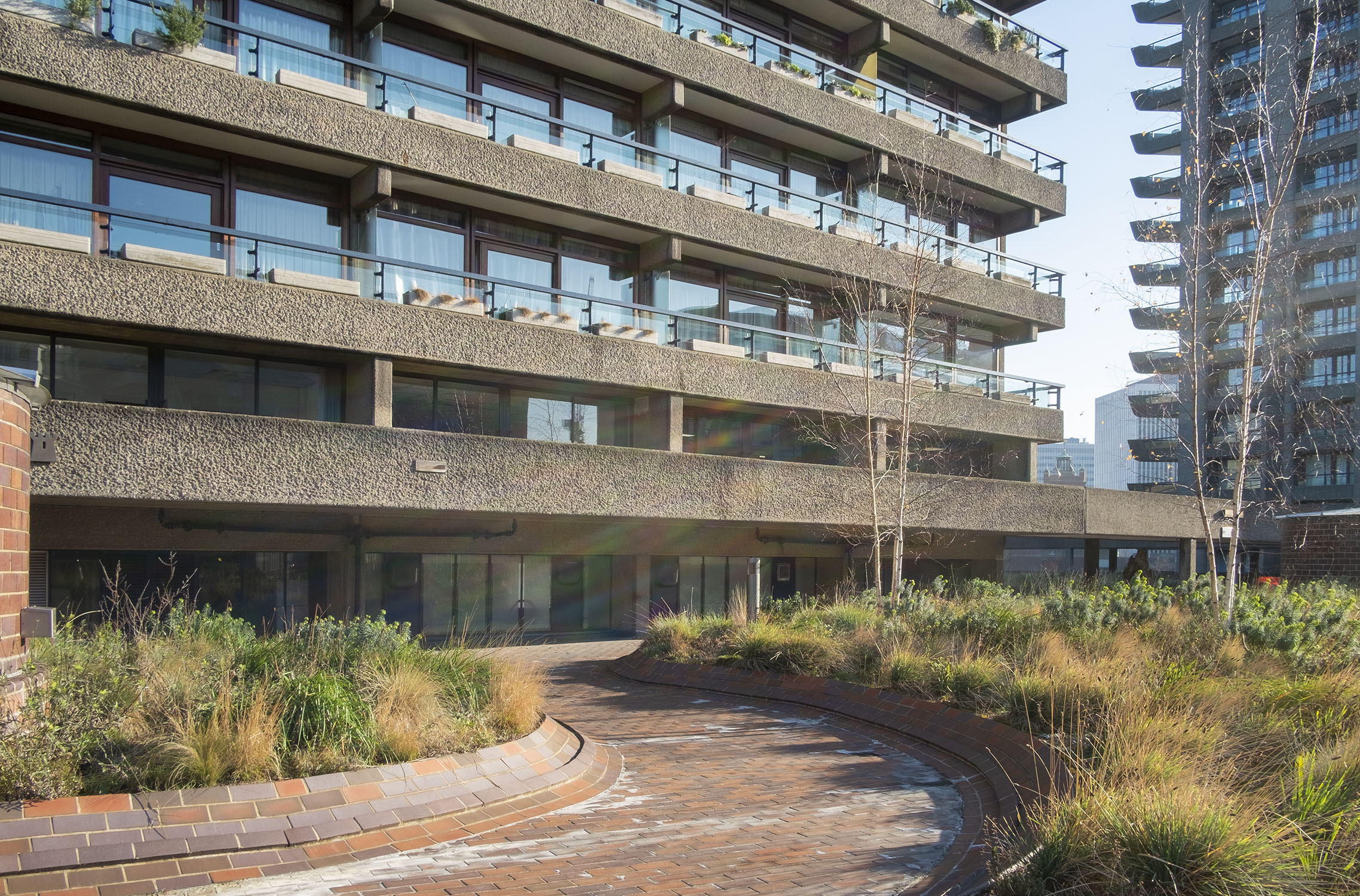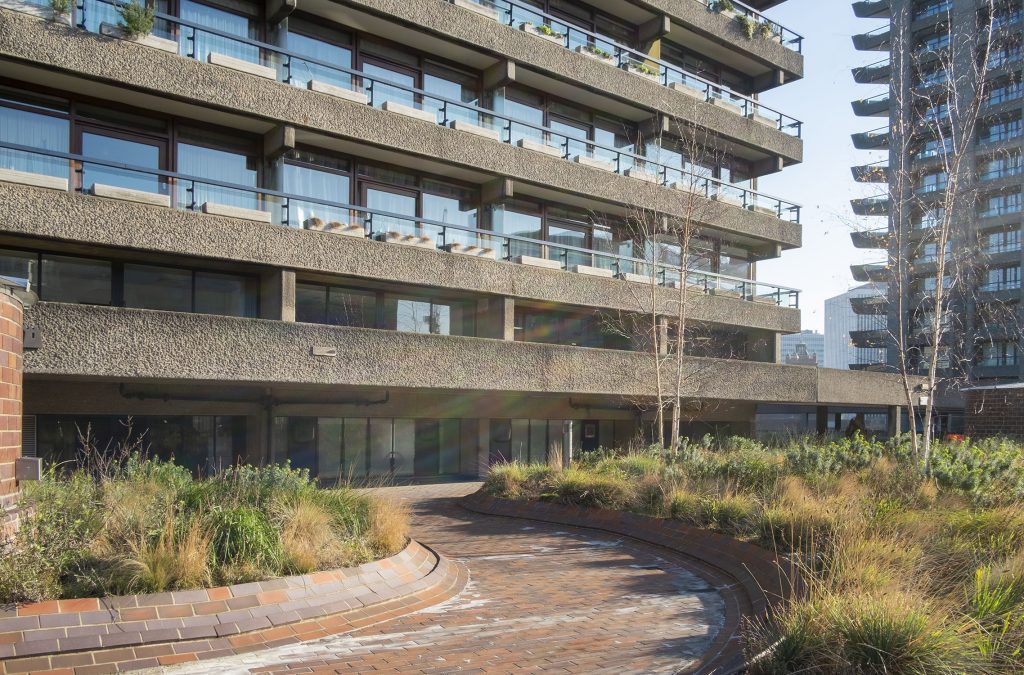Large investment firms are worsening global housing shortages by forcing vulnerable out of low-income homes and upgrading them for higher rents, said United Nations human rights experts, who appealed to countries to tighten up regulation.
These firms had become the world’s biggest landlords, and “converted homes into financial instruments and investments”, said Leilani Farha, U.N. Special Rapporteur on the right to adequate housing, in a statement released Tuesday.
“Landlords have become faceless corporations wreaking havoc with tenants’ right to security and contributing to the global housing crisis,” she said.
Farha and Surya Deva, chairman of the U.N. Working Group on business and human rights, wrote to Blackstone Group LP, the world’s largest private equity firm, and authorities in Denmark, Ireland, Spain, Sweden, the United States and Czech Republic.

Preferential tax laws and weak tenant protections in these countries have left vulnerable communities at risk of eviction and homelessness, they said.
“We remind all States, that while gold is a commodity, housing is not, it’s a human right,” they said.
Authorities must “regulate investment in residential real estate so that it supports the right to adequate housing and in no way undermines it. This cannot be left to the private sector to undertake on a voluntary basis,” they said.
In response, Blackstone – which owns the biggest U.S. home rental company – told the U.N. in a letter on March 25 that it had contributed to the availability of “well managed rental housing”.
“The injection of private capital is part of the solution to addressing the chronic undersupply of housing in major metropolitan centers around the world,” said Ken Caplan and Kathleen McCarthy, global co-heads of Blackstone Real Estate.
Globally, at least 150 million people, or about 2 percent of the population, are homeless, according to UN-Habitat, the U.N agency for urban development and human settlements.
More than a fifth of the world lacks adequate housing.
In their letter to the Czech Republic, Farha and Deva pointed to the increased vulnerability of the minority Roma community to evictions.
While in Ireland, the number of families on the social housing waiting list had doubled between 2005 and 2017 due to severe shortages, they said.

